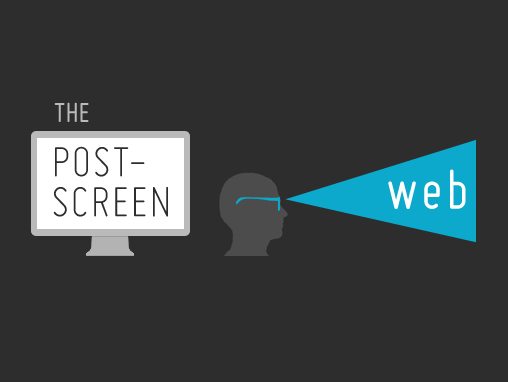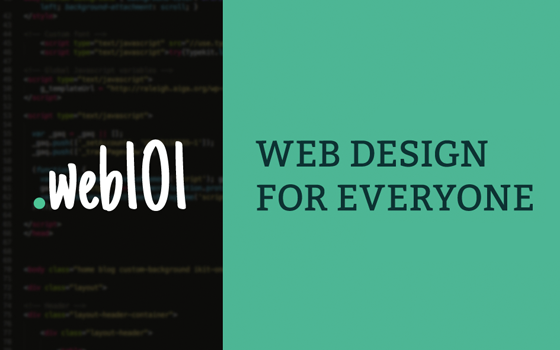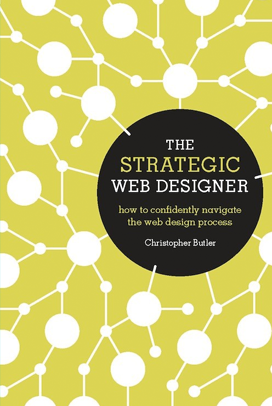
I just finished reading an insightful post by John Hagel, which he titled Stupidity and the Internet as a response to Nicholas Carr’s much-discussed Atlantic piece, Is Google Making Us Stupid? I like the way that Hagel re-frames the discussion based upon form rather than effect. His idea seems to be that “the internet” (I’m going to use “the web” instead) can’t be assessed in simple either/or terms of stupifying or edifying, but aught to be considered based upon its currently evolving form. Here’s a quote:
The debate also largely took the Internet, and specifically the World Wide Web, in its current form as a given. This is a dangerous assumption given the speed of change in the underlying technology foundations of the Internet.
As one small example, we are seeing rapid evolution of both social network platforms and physical presence tools that will lead to a much more complex interweaving of physical and virtual environments. Sensors and imaging tools will give us much greater visibility into the world around us.
This point is pretty important, I think. I mentioned the “fractalization” of the web in Part 1 of my Future of the Web article, which speaks to his point about the increasing complexity and interwovenness of the web. In Part 2, I also thought about the shaping of the web by mobile and “web-enhanced” devices. These two concepts are going to have an extremely significant effect upon how the web is shaped and used in the very near future.
Then Hagel goes on to say something fascinating:
Tacit knowledge – that which cannot be readily expressed in published content of any length, whether snippets or books – has always been our most valuable knowledge. You can read all the books you want on brain surgery, but that alone will never qualify you to perform brain surgery. At an even simpler level, no book can teach you how to ride a bicycle.
The ultimate impact of the Internet on our intelligence will hinge on its ability to support the creation and sharing of tacit knowledge. Again, we are at the earliest stages of tapping into this potential.
This is where my skepticism tends to kick in. I often lament the real experiences I’m not having when I’m spending the majority of my time in front of a screen. Granted, I think what Hagel has in mind is that the potential to create and share tacit knowledge over the internet is contingent upon a post-screen web. In other words, a web that can be experienced and shaped away from the desk or handheld device. While such a web would enable tacit knowledge, it will also narrow the divide between the real and the virtual to such a degree that discerning between the two will be a matter of perspective or opinion. This could be frightening, or… something else.



